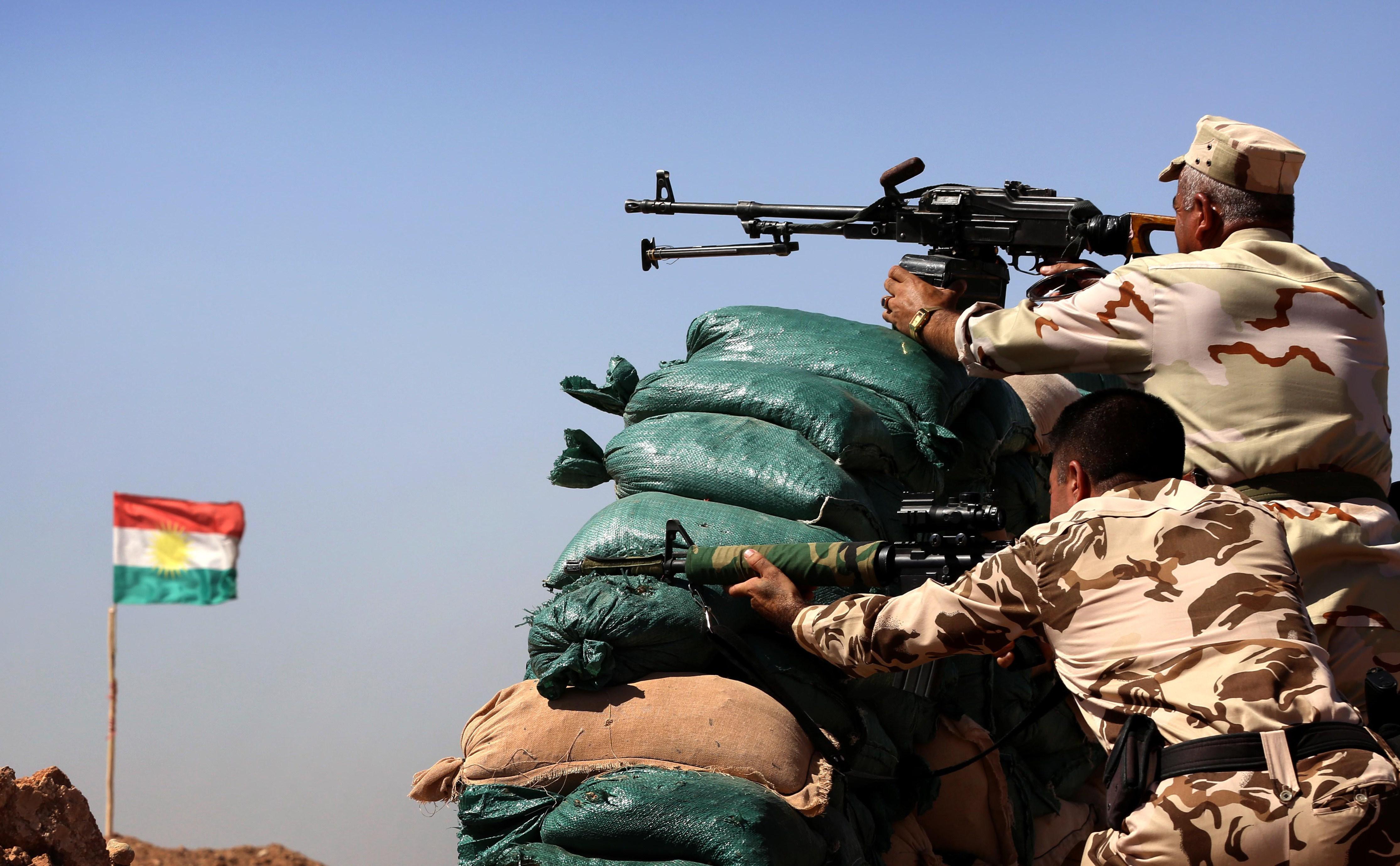The plan announced by the Pentagon last week for the retaking of Mosul from ISIS relies on both Kurdish and Iraqi military forces working together with the help of U.S. airstrikes. But in a meeting with reporters in Washington on Thursday, the Kurdish Regional Government’s new representative in Washington, Bayan Sami Abdul Rahman, said she was both skeptical that the Iraqis would be ready to do their part and confused about the timetable announced by the U.S.
“I and my colleagues were surprised by the comments by the U.S. that there might be a spring offensive on Mosul,” Abdul Rahman said. “We don’t see that the Iraqi forces are ready. Maybe the Americans have intelligence that we don’t have, but we’re very surprised by that.”
Hanging over the efforts to mount an effective Iraqi counterattack against ISIS has been the issue of Kurdish independence. Iraqi Kurdistan has had substantial autonomy since the U.S. and its allies imposed a no-fly zone over the region in 1991, but has stopped short of formally declaring independence. Early in the crisis, it appeared likely that ISIS’s rise in Iraq would bolster Kurdistan’s case. After all, Baghdad’s governance had collapsed and Kurdish forces had proved to be the most effective at fighting ISIS. But momentum has slowed lately. In July, Kurdish President Massoud Barzani called for preparations to begin for an independence referendum—which would almost certainly pass overwhelmingly—but those plans were indefinitely shelved in September. This was likely due in large part to U.S. pressure: The U.S. remains committed to a unified Iraqi state in general and particularly now as it looks to tamp down infighting among the anti-ISIS coalition partners.
Abdul Rahman says the U.S. emphasis on promoting Iraqi unity is actually hampering the war effort, noting that supplies of new American weapons for Kurdish forces have to pass through Baghdad for inspection before being sent on to the Kurdish capital, Erbil. She likened this to “all flights having to land in Washington before they can go to L.A. or New York or Houston.”
“The United States and the U.K. are married to the idea of ‘one Iraq,’ ” she said. “Fine, we’re part of Iraq. But we’re the ones fighting ISIS. Where is the Iraqi army? What happened to the Iraqi army?”
I asked Abdul Rahman if she had any sense of when the Kurdish government might again take up the issue of formally splitting from Baghdad. “The question of independence always hangs over us. It will never go away until we achieve independence,” she said. “But there is no timeframe. It could be in two years, or in 20.”
